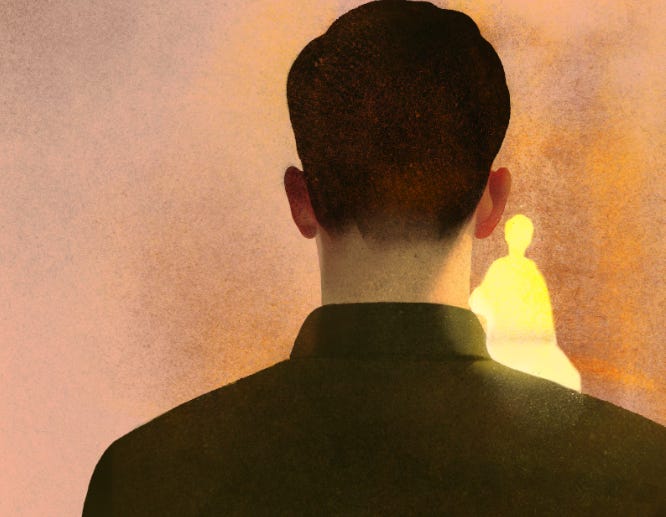As traditional mental health systems buckle under overwhelming demand, a new wave of AI therapists is stepping in, offering 24/7 availability, emotional interaction, and the illusion of human understanding.
Pierre Cote and other developers in the AI space have discovered through necessity what researchers and clinicians are now racing to define: the potential, and limitations, of AI as an emotional support system.
Anson Whitmer understands this impulse. He founded two AI-powered mental health platforms, Mental and Mentla, after losing an uncle and a cousin to suicide. He says that his apps aren’t programmed to provide quick fixes (such as suggesting stress management tips to a patient suffering from burnout), but rather to identify and address underlying factors (such as perfectionism or a need for control), just as a traditional therapist would do.
Read more | REUTERS

